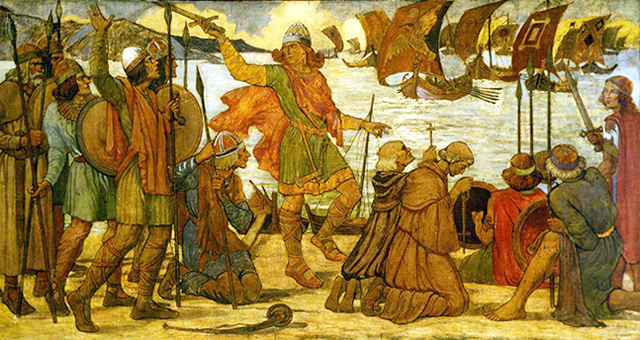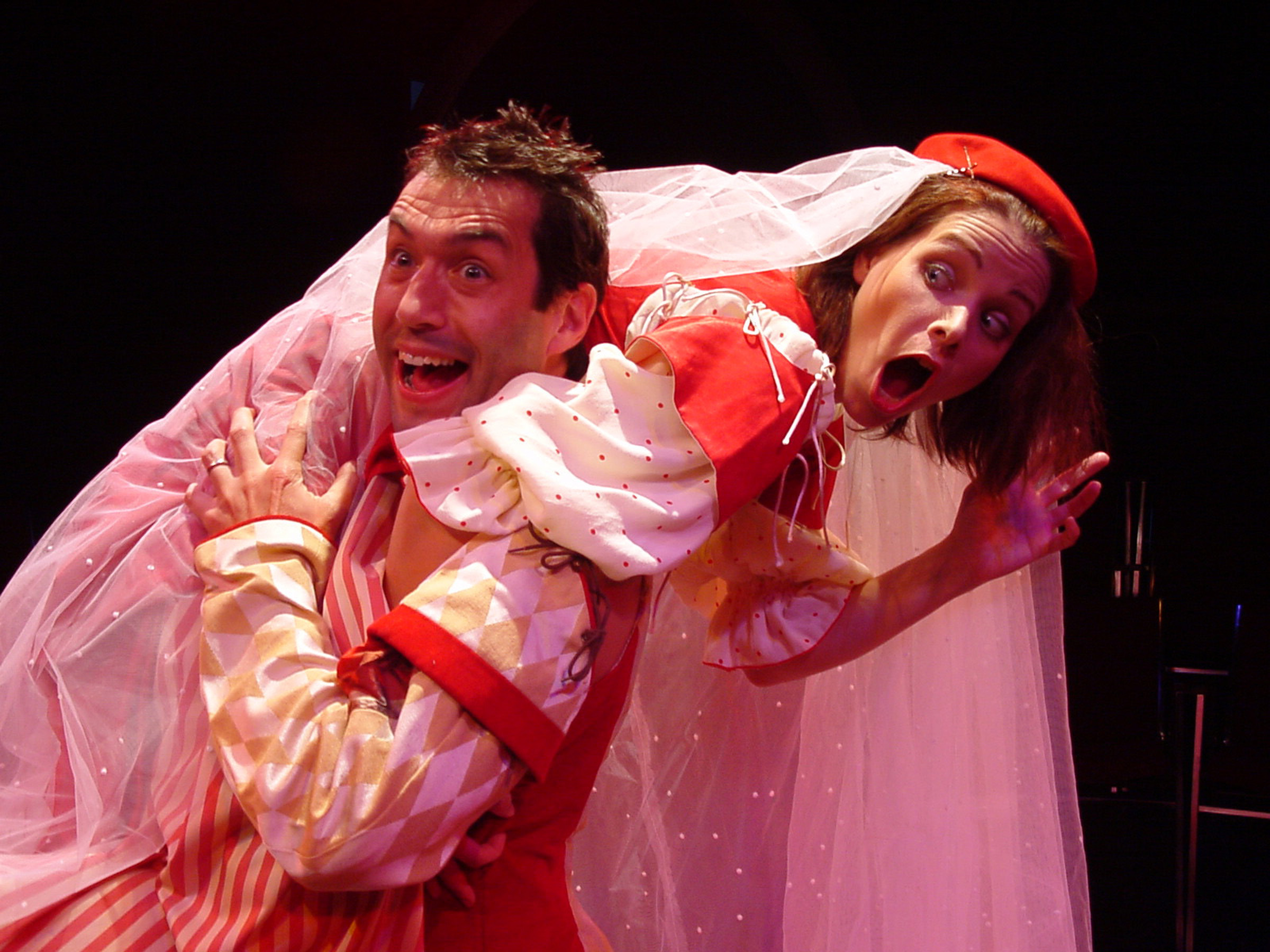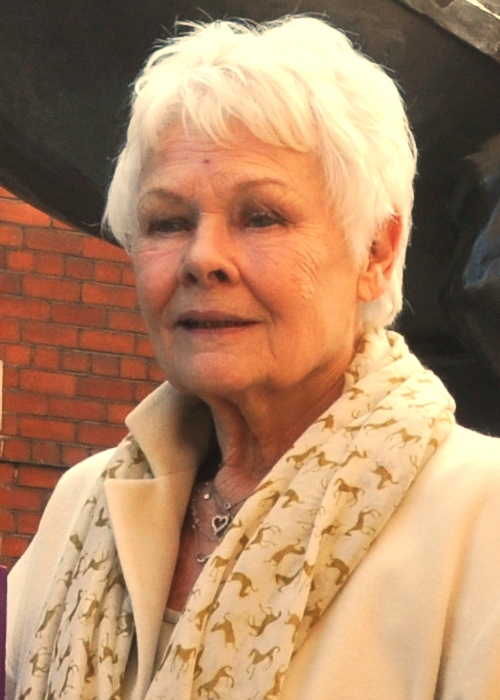|
Sinéad Cusack
Sinéad Moira Cusack ( ) is an Irish actress. Her first acting roles were at the Abbey Theatre in Dublin, before moving to London in 1969 to join the Royal Shakespeare Company. She has won the Critics' Circle and ''Evening Standard'' Awards for her performance in Sebastian Barry's ''Our Lady of Sligo''. Cusack has received two Tony Award nominations: once for Best Leading Actress in ''Much Ado About Nothing'' (1985), and again for Best Featured Actress in ''Rock 'n' Roll'' (2008). She has also received five Olivier Award nominations for ''As You Like'' (1981), ''The Maid's Tragedy'' (also 1981), ''The Taming of the Shrew'' (1983), ''Our Lady of Sligo'' (1998) and ''Rock 'n' Roll'' (2007). In 2020, she was listed at number 25 on ''The Irish Times'' list of Ireland's greatest film actors. Early life Cusack was born Jane Moira Cusack in Dalkey, County Dublin, the daughter of actress Maureen Cusack (born Mary Margaret Kiely) and actor Cyril Cusack. She is the sister of actresse ... [...More Info...] [...Related Items...] OR: [Wikipedia] [Google] [Baidu] |
Dalkey
Dalkey ( ; ) is an affluent suburb of Dublin, and a seaside resort southeast of the city, and the town of Dún Laoghaire, in the county of Dún Laoghaire–Rathdown in the historic County Dublin, Ireland. It was founded as a Viking settlement and became an active port during the Middle Ages. According to chronicler John Clyn (c.1286–c.1349), it was one of the ports through which the plague entered Ireland in the mid-14th century. In modern times, Dalkey has become a seaside suburb that attracts some tourist visitors. One of Dublin's wealthiest districts, it has been home to writers and celebrities including George Bernard Shaw, Jane Emily Herbert, Maeve Binchy, Robert Fisk, Hugh Leonard, Bono, the Edge, Van Morrison and Enya. Etymology The district is named after Dalkey Island, just offshore. The name is ultimately derived from the Irish ''deilg'' ("thorn") and ''inis'' ("island"), with ''ey'' the Old Norse (Viking) version of "island". Geography Dalkey lies by the coa ... [...More Info...] [...Related Items...] OR: [Wikipedia] [Google] [Baidu] |
Tony Award
The Antoinette Perry Award for Excellence in Broadway Theatre, more commonly known as the Tony Award, recognizes excellence in live Broadway theatre. The awards are presented by the American Theatre Wing and The Broadway League at an annual ceremony in Midtown Manhattan. The awards are given for Broadway productions and performances. One is also given for regional theatre. Several discretionary non-competitive awards are given as well, including a Special Tony Award, the Tony Honors for Excellence in Theatre, and the Isabelle Stevenson Award. The awards were founded by theatre producer and director Brock Pemberton and are named after Antoinette "Tony" Perry, an actress, producer and theatre director who was co-founder and secretary of the American Theatre Wing. The trophy consists of a spinnable medallion, with faces portraying an adaptation of the comedy and tragedy masks, mounted on a black base with a pewter swivel. The rules for the Tony Awards are set forth in the off ... [...More Info...] [...Related Items...] OR: [Wikipedia] [Google] [Baidu] |
Micheál Mac Liammóir
Micheál Mac Liammóir (born Alfred Willmore; 25 October 1899 – 6 March 1978) was an actor, designer, dramatist, writer and impresario in 20th-century Ireland. Though born in London to an English family with no Irish connections, he emigrated to Ireland in early adulthood, changed his name, invented an Irish ancestry, and remained based there for the rest of his life, successfully maintaining a fabricated identity as a native Irishman born in Cork. With his partner, Hilton Edwards, and two others, Mac Liammóir founded the Gate Theatre in Dublin, and became one of the most recognisable figures in the arts in twentieth-century Ireland. As well as acting at the Gate and internationally, he designed numerous productions, wrote eleven plays, and published stories, verse and travel books in Irish and English. He wrote and appeared in three one-man shows, of which ''The Importance of Being Oscar'' (1960) was the most celebrated, achieving more than 1,300 performances. Life and care ... [...More Info...] [...Related Items...] OR: [Wikipedia] [Google] [Baidu] |
English People
The English people are an ethnic group and nation native to England, who speak the English language in England, English language, a West Germanic languages, West Germanic language, and share a common history and culture. The English identity is of History of Anglo-Saxon England, Anglo-Saxon origin, when they were known in Old English as the ('race or tribe of the Angles'). Their ethnonym is derived from the Angles, one of the Germanic peoples who migrated to Great Britain around the 5th century AD. The English largely descend from two main historical population groups the West Germanic tribes (the Angles, Saxons, Jutes and Frisians) who settled in southern Britain following the withdrawal of the Ancient Rome, Romans, and the Romano-British culture, partially Romanised Celtic Britons already living there.Martiniano, R., Caffell, A., Holst, M. et al. Genomic signals of migration and continuity in Britain before the Anglo-Saxons. Nat Commun 7, 10326 (2016). https://doi.org/10 ... [...More Info...] [...Related Items...] OR: [Wikipedia] [Google] [Baidu] |
Irish People
The Irish ( ga, Muintir na hÉireann or ''Na hÉireannaigh'') are an ethnic group and nation native to the island of Ireland, who share a common history and culture. There have been humans in Ireland for about 33,000 years, and it has been continually inhabited for more than 10,000 years (see Prehistoric Ireland). For most of Ireland's recorded history, the Irish have been primarily a Gaelic people (see Gaelic Ireland). From the 9th century, small numbers of Vikings settled in Ireland, becoming the Norse-Gaels. Anglo-Normans also conquered parts of Ireland in the 12th century, while England's 16th/17th century conquest and colonisation of Ireland brought many English and Lowland Scots to parts of the island, especially the north. Today, Ireland is made up of the Republic of Ireland (officially called Ireland) and Northern Ireland (a part of the United Kingdom). The people of Northern Ireland hold various national identities including British, Irish, Northern Irish or som ... [...More Info...] [...Related Items...] OR: [Wikipedia] [Google] [Baidu] |
South Africa
South Africa, officially the Republic of South Africa (RSA), is the southernmost country in Africa. It is bounded to the south by of coastline that stretch along the South Atlantic and Indian Oceans; to the north by the neighbouring countries of Namibia, Botswana, and Zimbabwe; and to the east and northeast by Mozambique and Eswatini. It also completely enclaves the country Lesotho. It is the southernmost country on the mainland of the Old World, and the second-most populous country located entirely south of the equator, after Tanzania. South Africa is a biodiversity hotspot, with unique biomes, plant and animal life. With over 60 million people, the country is the world's 24th-most populous nation and covers an area of . South Africa has three capital cities, with the executive, judicial and legislative branches of government based in Pretoria, Bloemfontein, and Cape Town respectively. The largest city is Johannesburg. About 80% of the population are Black South Afri ... [...More Info...] [...Related Items...] OR: [Wikipedia] [Google] [Baidu] |
County Dublin
"Action to match our speech" , image_map = Island_of_Ireland_location_map_Dublin.svg , map_alt = map showing County Dublin as a small area of darker green on the east coast within the lighter green background of the Republic of Ireland, with Northern Ireland in pink , map_caption = County Dublin shown darker on the green of the Ireland, with Northern Ireland in pink , subdivision_type = Country , subdivision_name = Ireland , subdivision_type2 = Province , subdivision_name2 = Leinster , subdivision_type3 = Region , subdivision_name3 = Eastern and Midland , leader_title2 = Dáil constituencies , leader_name2 = , leader_title3 = EP constituency , leader_name3 = Dublin , seat_type = County town , seat = Dublin , area_total_km2 = 922 , area_rank = 30th , population_as_of ... [...More Info...] [...Related Items...] OR: [Wikipedia] [Google] [Baidu] |
The Irish Times
''The Irish Times'' is an Irish daily broadsheet newspaper and online digital publication. It launched on 29 March 1859. The editor is Ruadhán Mac Cormaic. It is published every day except Sundays. ''The Irish Times'' is considered a newspaper of record for Ireland. Though formed as a Protestant nationalist paper, within two decades and under new owners it had become the voice of British unionism in Ireland. It is no longer a pro unionist paper; it presents itself politically as "liberal and progressive", as well as being centre-right on economic issues. The editorship of the newspaper from 1859 until 1986 was controlled by the Anglo-Irish Protestant minority, only gaining its first nominal Irish Catholic editor 127 years into its existence. The paper's most prominent columnists include writer and arts commentator Fintan O'Toole and satirist Miriam Lord. The late Taoiseach Garret FitzGerald was once a columnist. Senior international figures, including Tony Blair and Bill Cl ... [...More Info...] [...Related Items...] OR: [Wikipedia] [Google] [Baidu] |
The Taming Of The Shrew
''The Taming of the Shrew'' is a comedy by William Shakespeare, believed to have been written between 1590 and 1592. The play begins with a framing device, often referred to as the induction, in which a mischievous nobleman tricks a drunken tinker named Christopher Sly into believing he is actually a nobleman himself. The nobleman then has the play performed for Sly's diversion. The main plot depicts the courtship of Petruchio and Katherina, the headstrong, obdurate shrew. Initially, Katherina is an unwilling participant in the relationship; however, Petruchio "tames" her with various psychological and physical torments, such as keeping her from eating and drinking, until she becomes a desirable, compliant, and obedient bride. The subplot features a competition between the suitors of Katherina's younger sister, Bianca, who is seen as the "ideal" woman. The question of whether the play is misogynistic has become the subject of considerable controversy, particularly among mode ... [...More Info...] [...Related Items...] OR: [Wikipedia] [Google] [Baidu] |
The Maid's Tragedy
''The Maid's Tragedy'' is a play by Francis Beaumont and John Fletcher. It was first published in 1619. The play has provoked divided responses from critics. Date The play's date of origin is not known with certainty. In 1611, Sir George Buck, the Master of the Revels, named ''The Second Maiden's Tragedy'' based on the resemblances he perceived between the two works. Scholars generally assign the Beaumont/Fletcher play to c. 1608–1611. Authorship Scholars and critics generally agree that the play is mostly the work of Beaumont; Cyrus Hoy, in his extensive survey of authorship problems in the Beaumont/Fletcher canon, assigns only four scenes to Fletcher (Act II, scene 2; Act IV, 1; and Act V, 1 and 2), though one of those is the climax of the play (IV, 1). Publication The play was entered into the Stationers' Register on 28 April 1619, and published later that year by the bookseller Francis Constable. Subsequent editions appeared in 1622, 1630, 1638, 1641, 1650, and 1661. T ... [...More Info...] [...Related Items...] OR: [Wikipedia] [Google] [Baidu] |
Olivier Award
The Laurence Olivier Awards, or simply the Olivier Awards, are presented annually by the Society of London Theatre to recognise excellence in professional theatre in London at an annual ceremony in the capital. The awards were originally known as the Society of West End Theatre Awards, but they were renamed in honour of the British actor of the same name in 1984. The awards are given to individuals involved in West End productions and other leading non-commercial theatres based in London across a range of categories covering plays, musicals, dance, opera and affiliate theatre. A discretionary non-competitive Special Olivier Award is also given each year. The Olivier Awards are recognised internationally as the highest honour in British theatre, equivalent to the BAFTA Awards for film and television, and the BRIT Awards for music. The Olivier Awards are considered equivalent to Broadway's Tony Awards and France's Molière Award. Since inception, the awards have been held at var ... [...More Info...] [...Related Items...] OR: [Wikipedia] [Google] [Baidu] |
Rock 'n' Roll (play)
''Rock 'n' Roll'' is a play by British playwright Tom Stoppard that premiered at the Royal Court Theatre, London, in 2006. Plot summary The play is concerned with the significance of rock and roll in the emergence of the socialist movement in Eastern-Bloc Czechoslovakia between the Prague Spring of 1968 and the Velvet Revolution of 1989. Taking place in Cambridge, England and in Prague, the play contrasts the attitudes of a young Czech PhD student and rock music fan, who becomes appalled by the repressive regime in his home country, with those of his British Marxist professor, who unrepentantly continues to believe in the Soviet ideal. The play takes place over several decades, from the late 1960s until 1990, ending with a concert given by the Rolling Stones that year in Prague. Recurrent references are made to a glimpse by one of the main characters of the young Syd Barrett performing ''Golden Hair''. Barrett's physical and mental decline also plays a role in the drama (Barrett ... [...More Info...] [...Related Items...] OR: [Wikipedia] [Google] [Baidu] |







